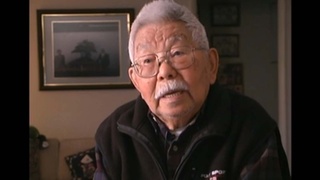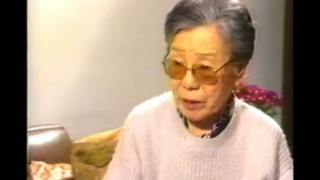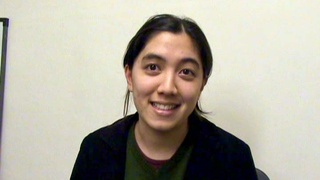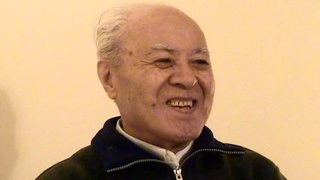Interviews
Reason to come back to Canada in 1954
Well, it's much easier living here. Far better. Japan, although they lost the war, was pretty well still a closed society. The company structure was more feudalistic, the construction company was really feudalistic. If you weren't a relative of the founder or anything, why, you'd never get to the top. So it was much easier to make a go of it in Canada, so I came back. And I think I made the right decision. Sure, after I left, Japan embarked on an industrial come back, and you know how prosperous she is now. Now it makes me wonder whether thing, but no, it's hard for me to make the thing because I, I went to Japan when I was sixteen, and I still had the customs, Canadian customs. And it's hard to get used to Canadian society and life per se. So my judgment was this is probably better if I went back to Canada and started over again.
Date: October 29, 2005
Location: Toronto, Canada
Interviewer: Norm Ibuki
Contributed by: Sedai, the Japanese Canadian Legacy Project, Japanese Canadian Cultural Center
Explore More Videos

Interest in Japanese migration studies (Japanese)
Tsuda College President, researcher of Nikkei history

The identity of Nikkei Canadians seen in the Buddhist Church (Japanese)
Tsuda College President, researcher of Nikkei history

Learning from Nikkei (Japanese)
Tsuda College President, researcher of Nikkei history

History of her family's immigration (Spanish)
(b. 1969) Former president of Centro Nikkei Argentino.

Moving to and living in Japan
Japanese American Creative designer living in Japan

The reason to stay in Japan after his third year
Japanese American Creative designer living in Japan


Growing up with some Japanese families (Spanish)
(b. 1950) Nisei Chilean, Businessman

The various realities of Nikkei in Latin America (Spanish)
(b. 1950) Nisei Chilean, Businessman

Avoiding the Japanese military
(1914-2004) Nisei Bonsai master in the United States

Reasons for immigrating to Brazil (Japanese)
Issei, Pioneer of women's education in Brazil



Initial struggles with the language barrier (Japanese)
(b. 1917) Okinawan, Issei Argentinean

Decided to leave Japan to Argentina (Spanish)
(1925-2014) La Plata Hochi, Journalist
